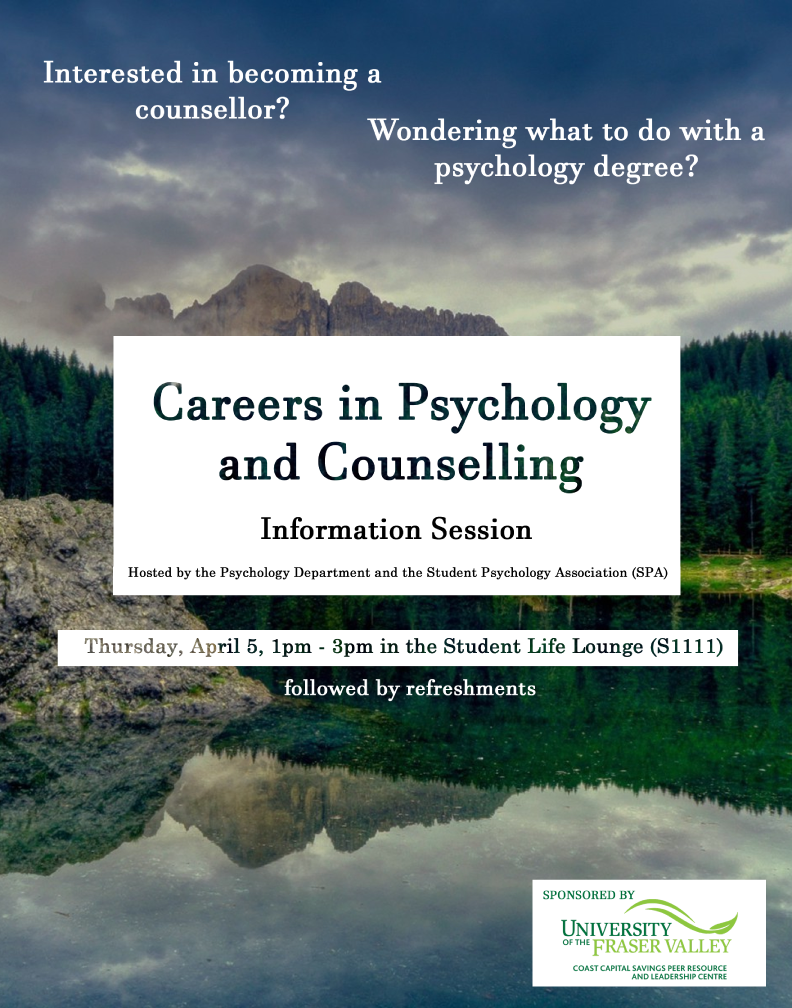Jenna Kerr, a recent graduate of the University of the Fraser Valley (UFV) with a Bachelor of Arts in Psychology Honours and a minor in Sociology, is making waves both academically and in her community. Her journey through UFV has been marked by an impressive blend of academic excellence, research innovation, and dedicated community service.
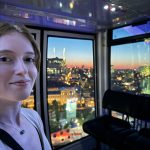 Jenna’s fascination with psychology began in high school and flourished throughout her university career. “Psychology was one of my favourite classes in high school, and mental health professional was one of the potential careers I had in mind when I started university,” she explains. This early interest guided her to UFV, where she would later find herself immersed in research and hands-on experiences that solidified her passion for the field.
Jenna’s fascination with psychology began in high school and flourished throughout her university career. “Psychology was one of my favourite classes in high school, and mental health professional was one of the potential careers I had in mind when I started university,” she explains. This early interest guided her to UFV, where she would later find herself immersed in research and hands-on experiences that solidified her passion for the field.
At UFV, Jenna completed two practicums that deeply impacted her career trajectory. Her first practicum was as a Project Management and Community Engagement Assistant on a project focused on accessible tourism.
“This role involved a lot of correspondence with internal collaborators and community partners. It gave me a good sense of all the moving parts involved in research projects,” Jenna reflects.
Her second practicum as a Counselling Intern at the Chilliwack Youth Health Centre was equally transformative. Initially applying for a counselling support role, Jenna was invited to take on a counselling intern position.
“The internship allowed real-world application of skills that I had previously only applied in theory or through roleplay situations. I gained a lot of confidence in this role and improved my ability to problem-solve in the moment.”
Jenna’s academic journey reached new heights when she was invited to present at the 18th International Conference of Clinical Ethics and Consultation and the 32nd Annual Conference of the Canadian Bioethics Society. Her honours research, supervised by UFV Psychology Assistant Professor Dr. Carey DeMichelis, explored a private online community for Canadian women with fibromyalgia, focused on how these women legitimize and cope with a contested condition and the role that online community might play in those efforts.
“I was thrilled to have my abstract accepted for the joint conference and to be invited to give an oral presentation,” Jenna recounts. “This was my second experience giving an oral presentation at a conference, and my first time sharing my honours research in this format. My first time delivering an oral presentation was earlier this year at the annual Pacific Sociological Association conference in San Diego, where I presented about the work I did as a research assistant to Dr. Michael Corman at the end of my degree.”
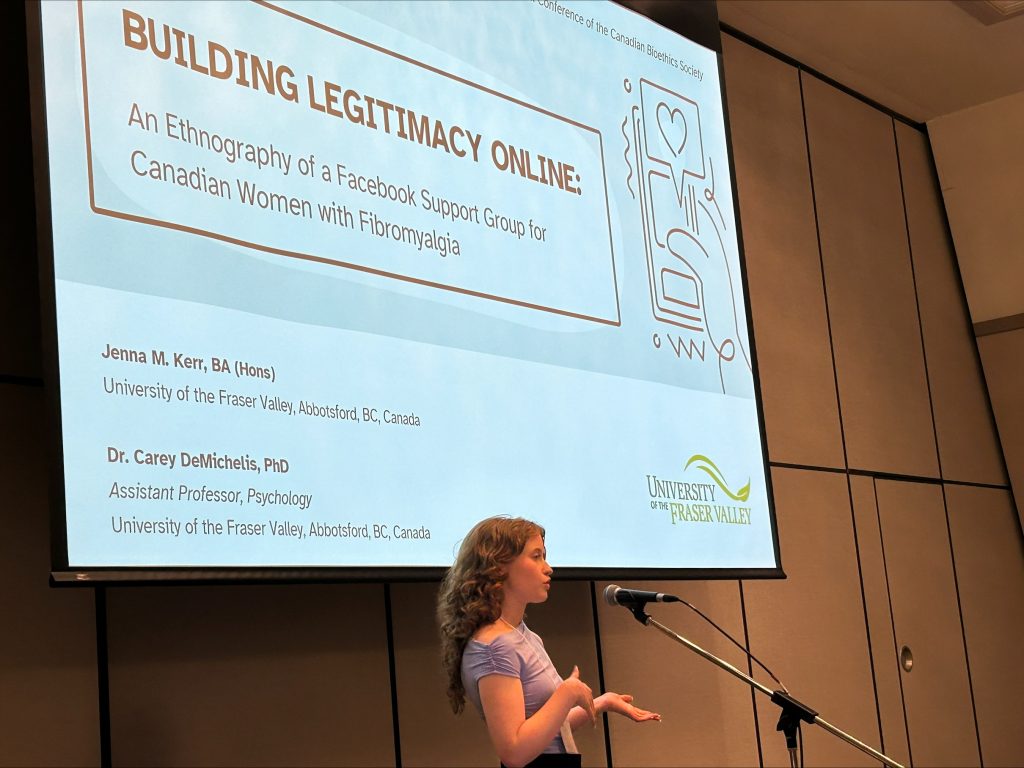
Dr. DeMichelis speaks highly of Jenna’s work:
“Jenna conducted this research with the highest ethical standards. Her methodology was carefully constructed and skillfully executed. In her writing and presentations, Jenna has developed a clear and compelling ethnographic voice, weaving together her own narrative observations with evocative insights from interview participants and group members.”
Looking ahead, Jenna plans to apply for graduate programs in Counselling and Clinical Psychology. She also aims to stay involved in research, hoping to leverage both research and practical insights to encourage structural change in care systems.
For students considering a similar path, Jenna offers valuable advice:
“Reflect on what it is you enjoy about psychology, and what you would like to be doing once you’re working. Practicum experience isn’t a requirement for a major in Psychology, but the experience is incredibly helpful in putting learning into practice and getting exposed to career areas of interest.”


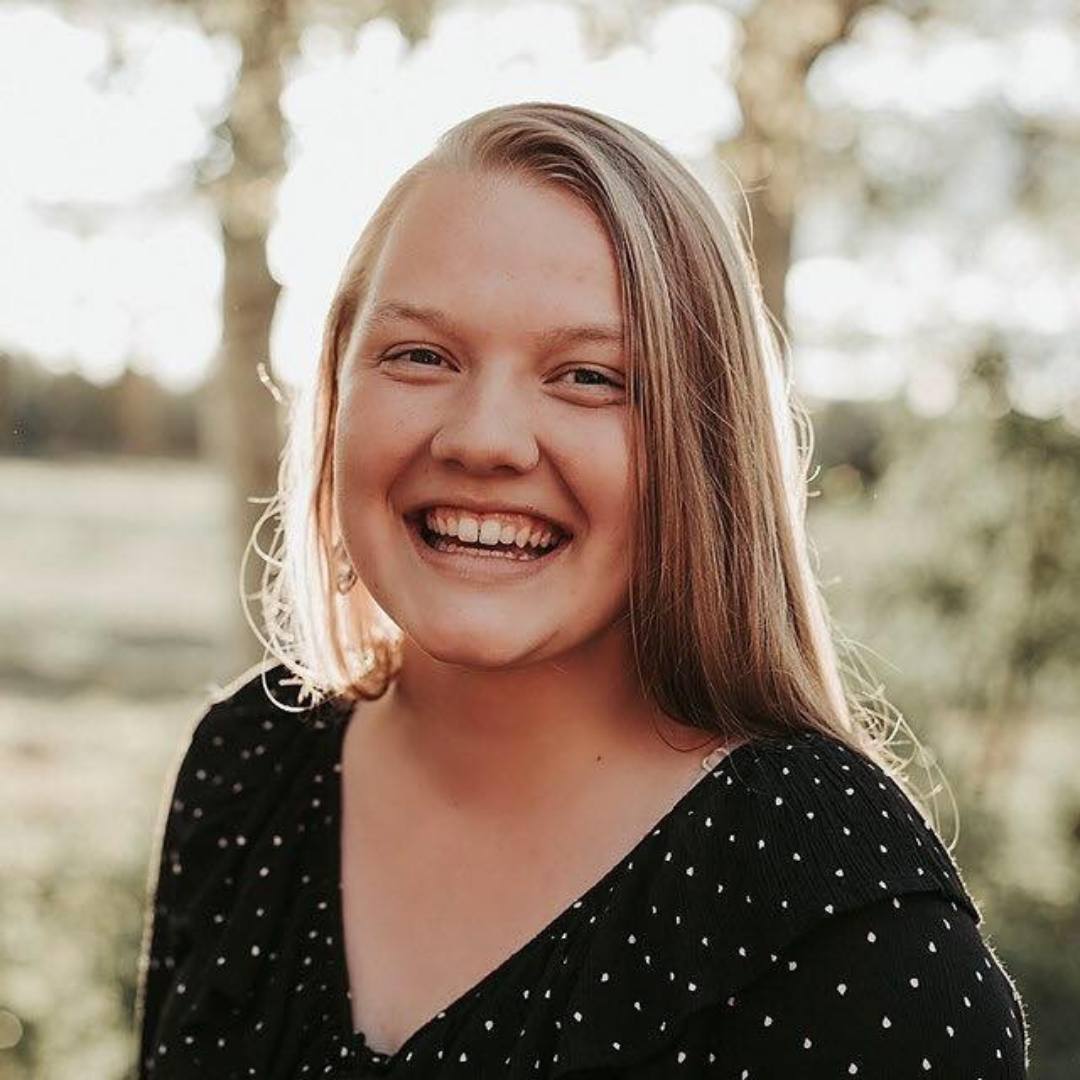
 Imagine stepping into a correctional facility for the first time—what do you anticipate? Most people imagine a tough, intimidating place. For Bethany Parkinson, this experience was life-changing, but not in the way you might expect.
Imagine stepping into a correctional facility for the first time—what do you anticipate? Most people imagine a tough, intimidating place. For Bethany Parkinson, this experience was life-changing, but not in the way you might expect.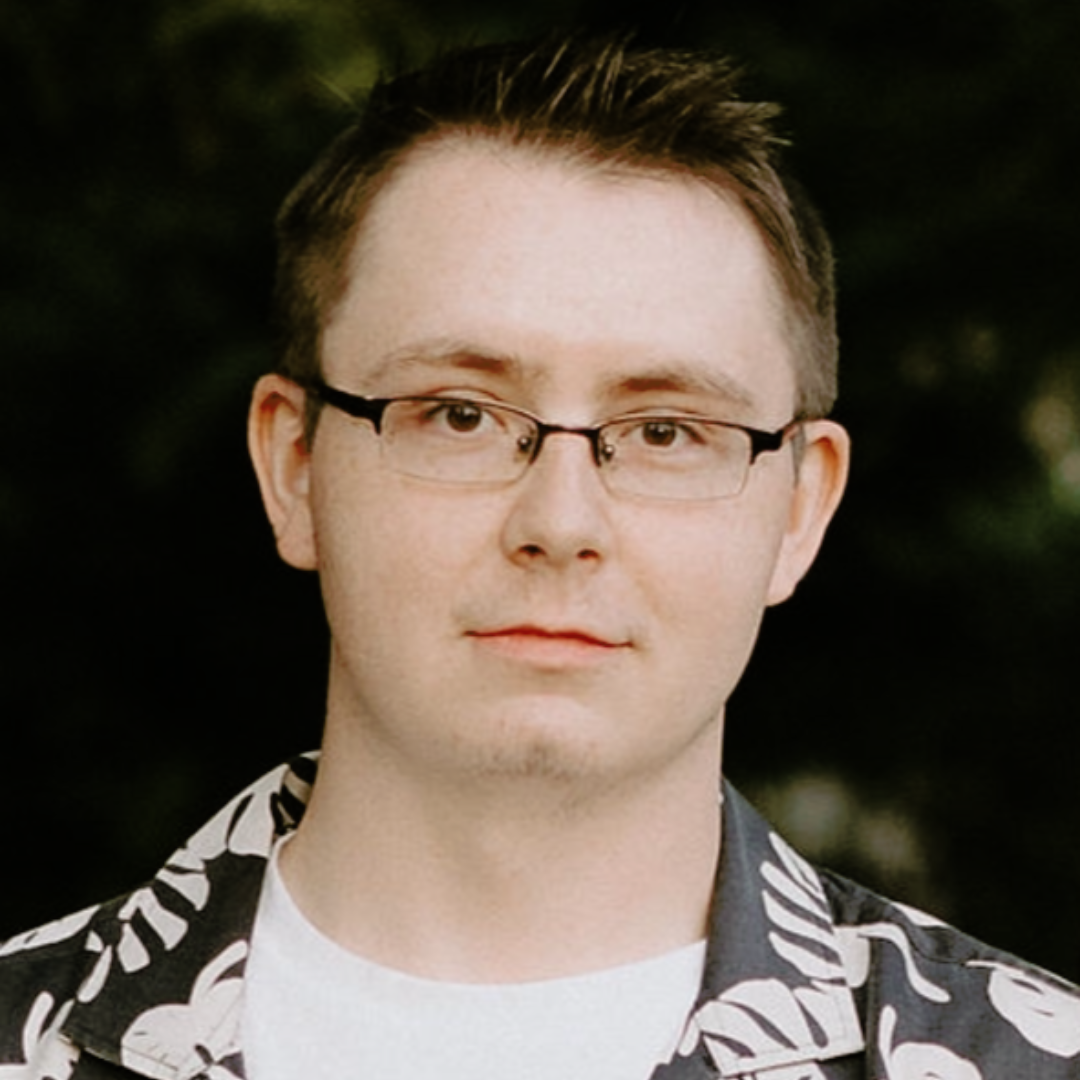
 Logan York is a recent BA graduate in Psychology with a minor in Criminal Justice. Originally from Red Deer, Alberta, Logan found his way to British Columbia, where he has lived most of his life and began shaping his career aspirations.
Logan York is a recent BA graduate in Psychology with a minor in Criminal Justice. Originally from Red Deer, Alberta, Logan found his way to British Columbia, where he has lived most of his life and began shaping his career aspirations.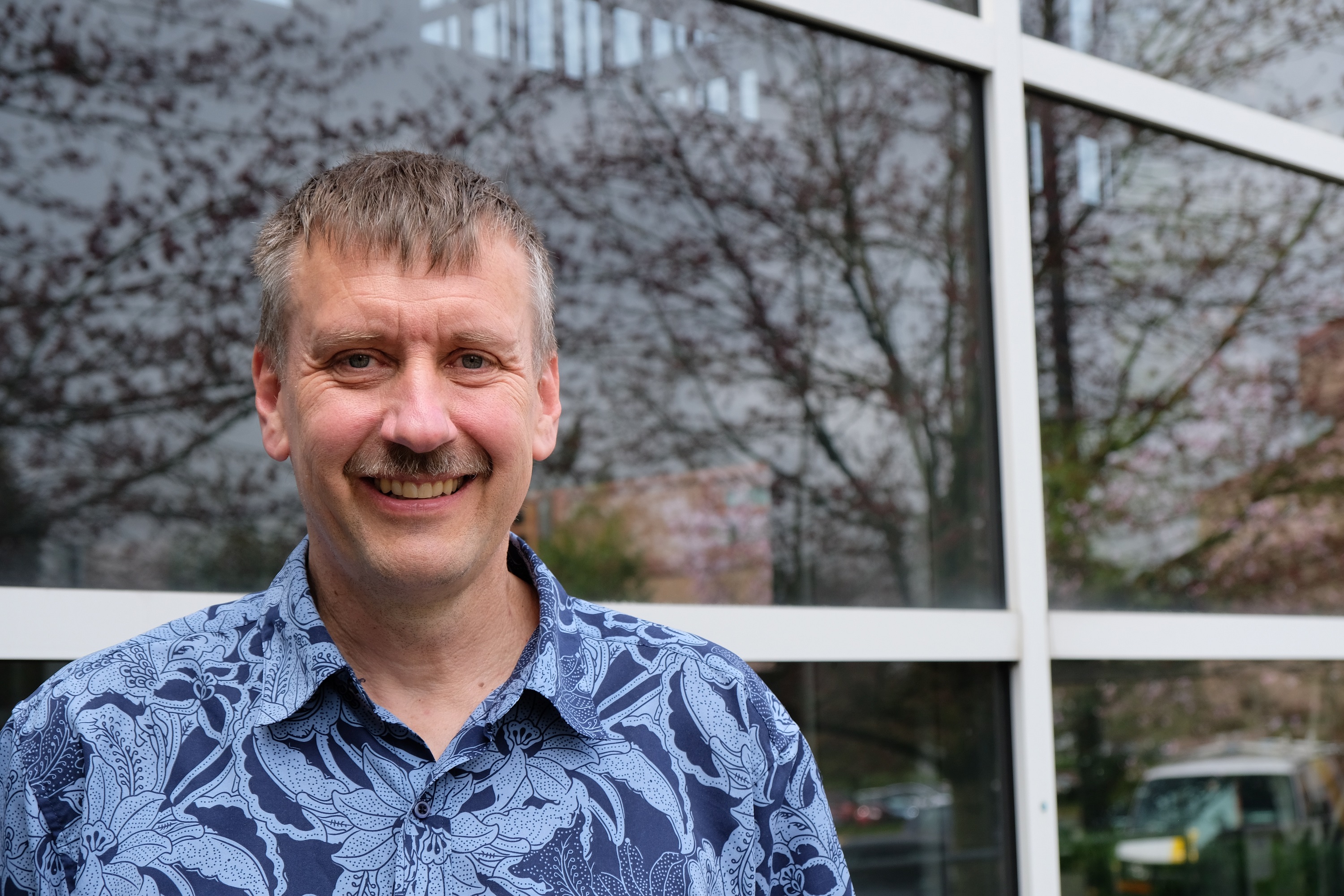
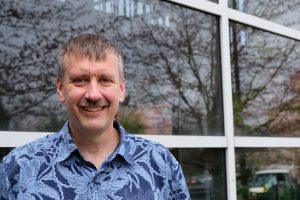 “People who think they’re always right are almost always wrong. People who are always willing to consider the possibility they’re wrong tend to be right much more often,” says associate psychology professor Sven Van de Wetering.
“People who think they’re always right are almost always wrong. People who are always willing to consider the possibility they’re wrong tend to be right much more often,” says associate psychology professor Sven Van de Wetering.